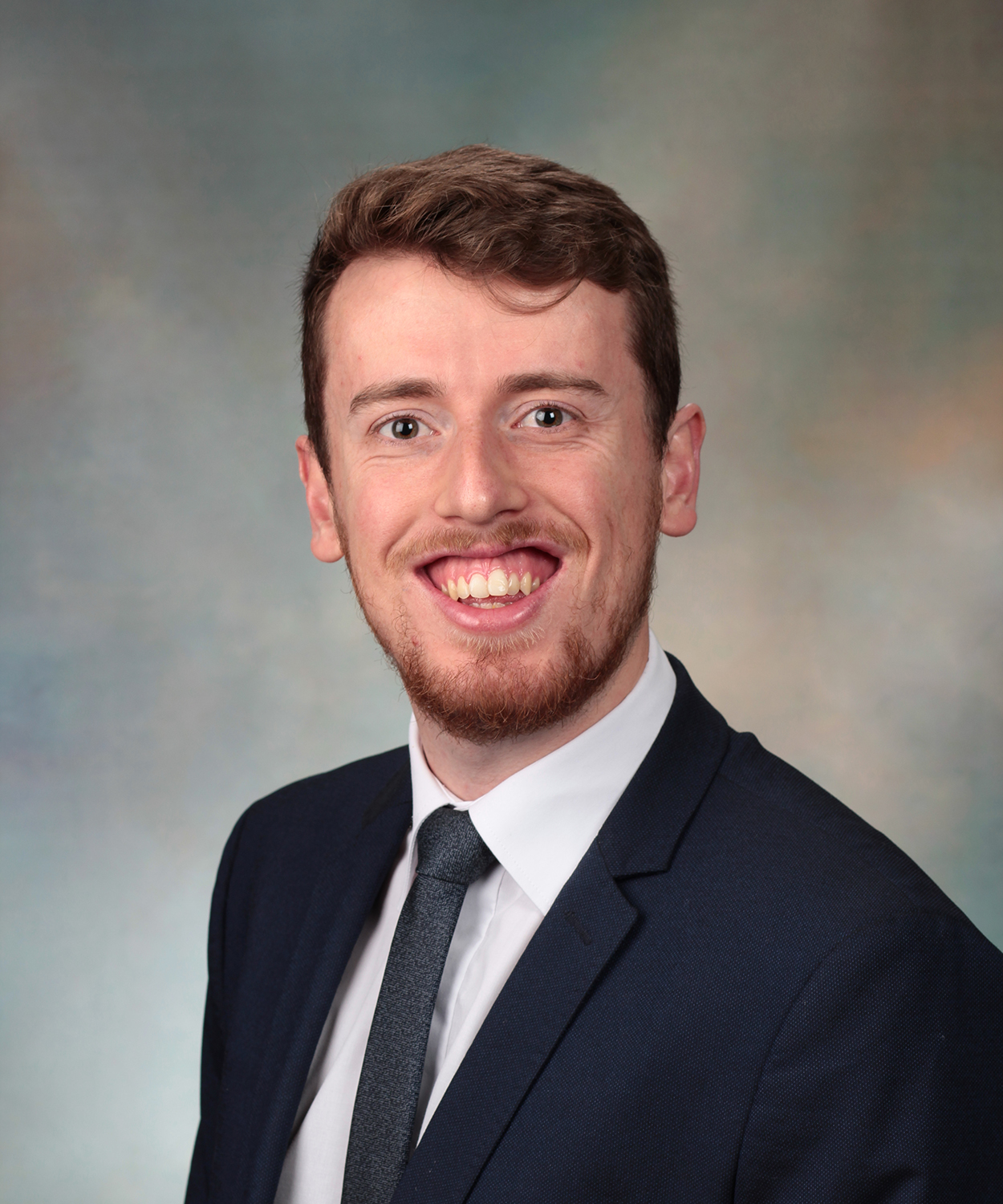
Lee Curtin, PhD
Research Senior Data Scientist
Bio
Dr. Curtin joined the lab as a Research Trainee in April 2016 and became a Research Collaborator in January 2017, during his Ph.D. studies. He joined the lab full-time in 2018 as a Bioinformatician, then a Senior Bioinformatician and is now a Research Senior Data Scientist. He graduated with a Masters of Mathematics from the University of York, UK, and completed his Ph.D. in Mathematical Medicine and Biology at the University of Nottingham, UK in 2019.
Glioma is known for its heterogeneity. Lee’s data-driven work is focused on characterizing this heterogeneity within and between patients through transcriptomics, genetics, and imaging. He has used deconvolution methods to infer cell populations present in bulk RNA-Seq, used pretreatment imaging and demographic information to determine survival implications for patients with cystic glioblastoma, and carried out fractal analyses to determine prognostic implications of tumor shape on MRI.
Lee is an advocate for minimal mathematical models that can be applied to gain clinical insight, with the long-term goal of guiding clinical trials, and in turn improving patient outcomes. Lee has worked on a partial differential equation model – the Proliferation Invasion Hypoxia Necrosis Angiogenesis (PIHNA) model, to suggest mechanistic explanations to clinically observed phenomena.
Lee also leads the lab’s collection of image-localized biopsies in the operating room, having attended over 100 surgeries and collected over 500 samples to date. He also keeps track of the samples’ associated metadata and leads the analyses of the next generation sequencing data.
He is also involved in outreach and education. Mentoring students who come through the lab, keeping this website in order, setting up external speakers and is a member of our Education Committee.
